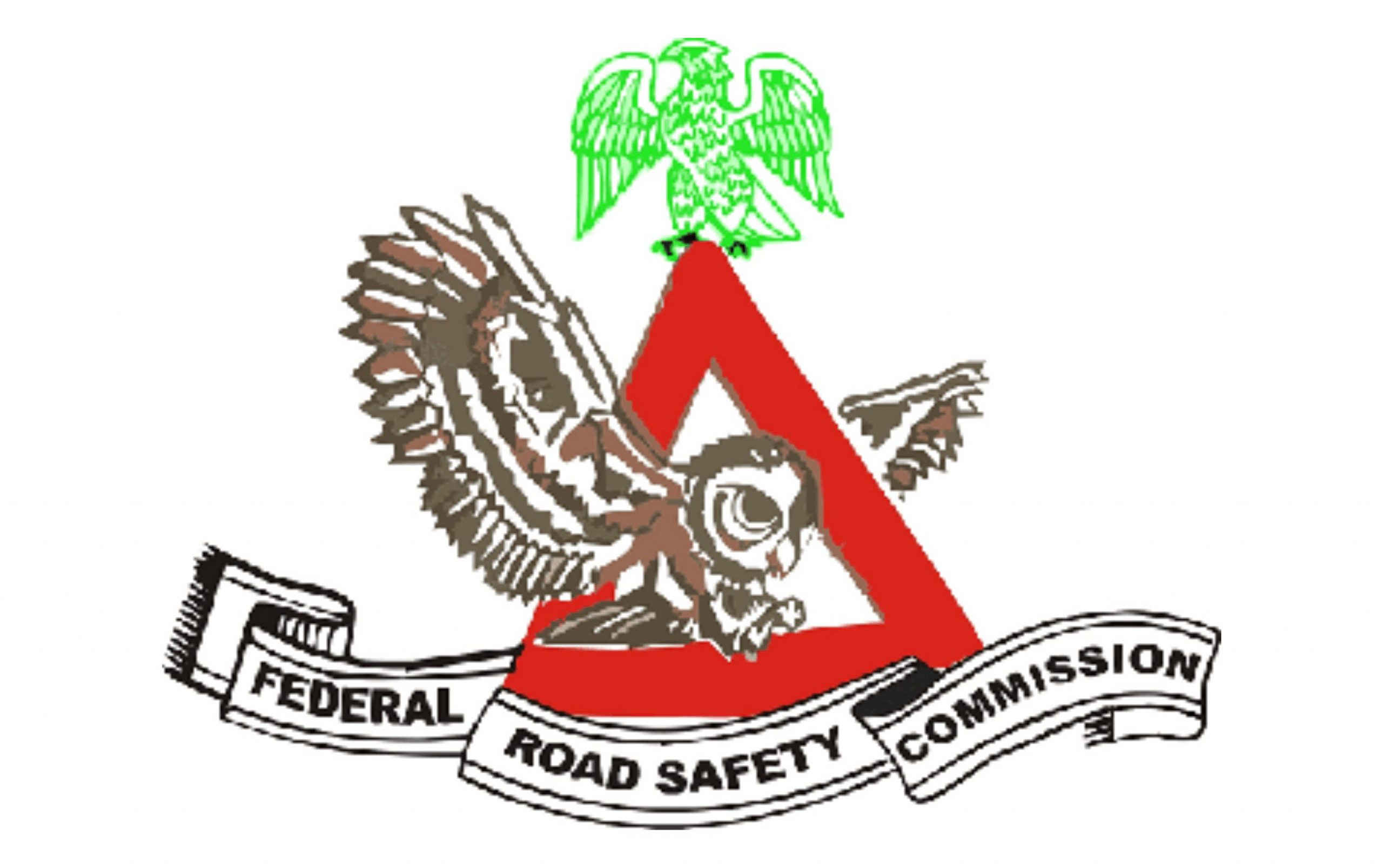 By Joe Brock and Camillus Eboh
By Joe Brock and Camillus Eboh
ABUJA (Reuters) – Nigeria’s state-oil company said on Wednesday it was owed $7 billion in government fuel import subsidies, debts which would wipe out savings supposed to protect Africa’s second biggest economy from oil price dips.
Nigeria’s Excess Crude Account (ECA), where it saves oil revenues over a benchmark price of $72 a barrel, held $6.9 billion on July 19, not enough to pay NNPC’s subsidy claims, let alone a string of other fuel importers’ debts.
Nigeria’s Central Bank Governor Lamido Sanusi said on Tuesday risks to Africa’s second biggest economy from high government spending, worsening security problems and lower oil output were “ominous.”
“As at the end of May 2012 NNPC had unpaid (subsidy) claims of 1.134 trillion naira,” Fidel Pepple, spokesman for the Nigerian National Petroleum Corp (NNPC), said
Two fuel import unions have threatened to strike this week over unpaid subsidies, risking fuel shortages in Africa’s most populous nation, an issue which has prompted public protests in the past.
People are already queuing for hours to get petrol at inflated prices in some regions in the oil-producing Niger Delta in the south of the country.
Nigeria is among the top 10 crude oil exporters in the world but due to decades of corruption and mismanagement it has to import most of its refined fuel needs.
NNPC said it had 46 days of fuel supplies and it would do its best to meet demand despite “limited resources.”
“Yes we are concerned about the shortages but just to put it on record NNPC has been the only organisation importing products since January when the fuel subsidy issue began,” Pepple said.
The finance ministry declined to comment on the missed subsidy payments but has previously said it is waiting for the results of probes into fuel importers before resuming payments.
Several investigations into the import subsidy were launched after President Goodluck Jonathan attempted to remove the support on January 1, before partially reinstating it after more than a week of protests over increased motor fuel costs.
Nigeria’s anti-corruption agency will charge 12 fuel traders on Wednesday over allegations they illegally collected a combined 11 billion naira in subsidy payments for fuel they never delivered, it said in a statement.
The 12 individuals from seven companies charged are all from low-level Nigerian firms, although the Economic and Financial Crimes Commission (EFCC) said more than 100 other marketers were being investigated.
The presidential committee said on Tuesday fuel traders collected $2.38 billion last year in fraudulent subsidy payments.



